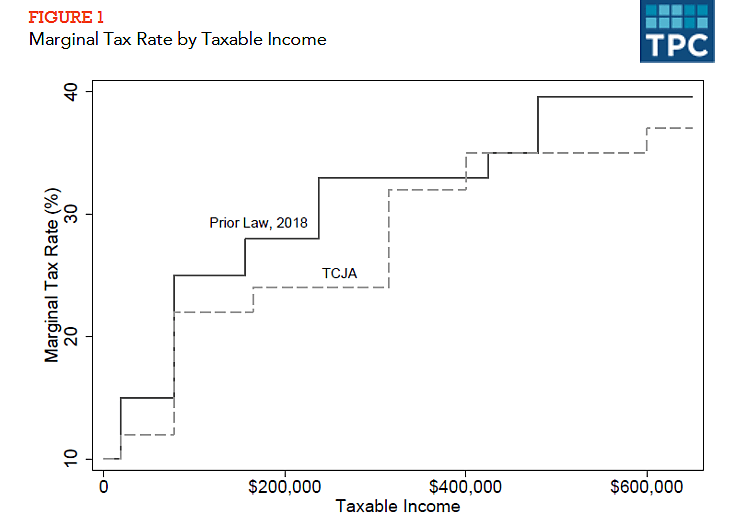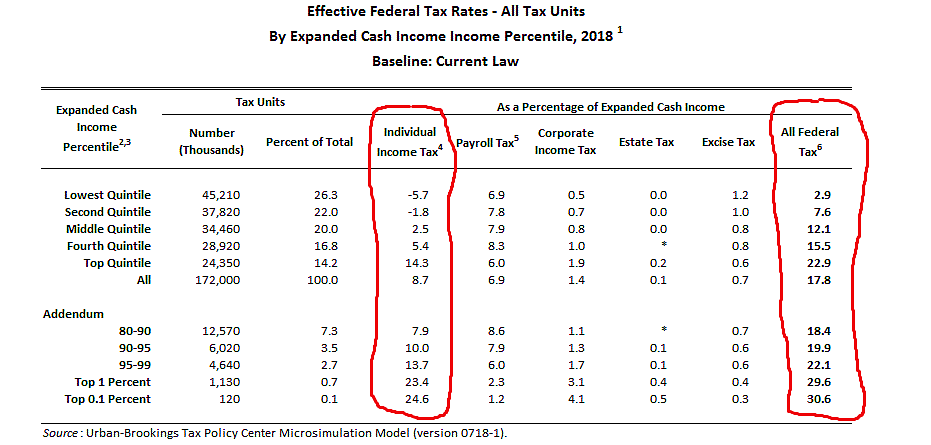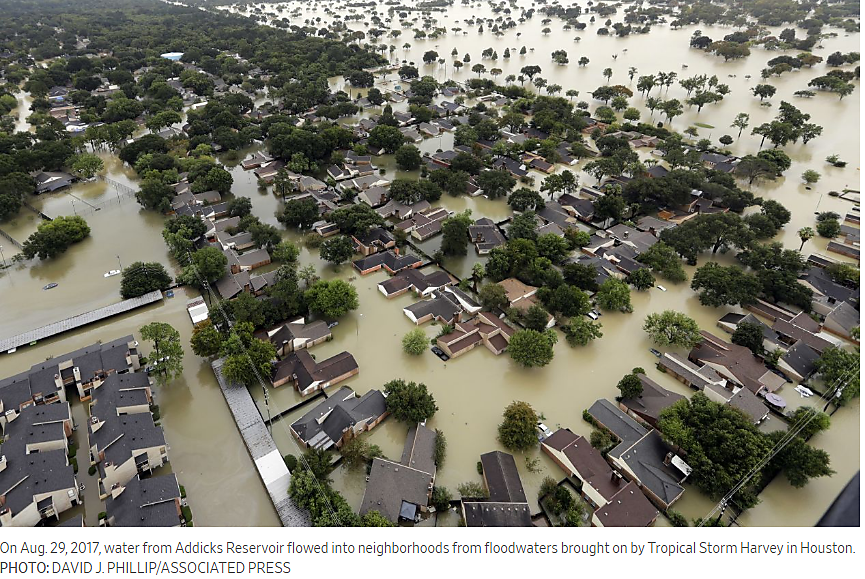The front page of today’s Wall Street Journal reports on a federal sting operation that led to the arrest of 31 doctors, 7 pharmacists, 8 nurses, and other health care professionals including dentists for distributing more than 32 million prescription opioid pills to patients in five Appalachian region states.
Federal prosecutors described doctors handing out pre-signed blank prescriptions in exchange for cash. In some instances, doctors provided prescriptions in return for sexual favors. One Alabama doctor allegedly recruited prostitutes to become patients and let them use drugs at his house. Dentists performed unnecessary teeth extractions on cooperative patients so they can have a legal excuse to prescribe them the opioid pills they desired. Some doctors knowingly sold prescriptions to nonmedical drug users and then billed Medicare and Medicaid for the evaluations and tests they performed as a cover.
Brian Benczkowski of the Department of Justice told reporters, “When medical professionals behave like drug dealers, the Department of Justice is going to treat them like drug dealers.”
Mr. Benczkowski is right to consider these professionals “drug dealers.” This is just the latest and most graphic example of how prohibition fuels the so-called opioid crisis. In 2017 the DOJ arrested 412 doctors, pharmacists, and others for engaging in similar schemes in Florida.
As I have written here, drug prohibition creates lucrative black market opportunities for people willing to sell drugs illegally. Prescription pain pills sell for a much higher price on the black market than they do legally at the pharmacy. The lure of easy money tempts corrupt doctors, dentists, nurse practitioners, and pharmacists to leverage their degrees to nefarious ends, especially because they can use the third party payment system to “double-dip:” they get paid by drug dealer middlemen for churning out and filling prescriptions which then get sold on the black market, and at the same time get reimbursed for their “services” by Medicare, Medicaid, and insurance companies.
Prohibition brings out the worst in people. It provides the corrupt and the corruptible with irresistible money-making opportunities.
Meanwhile, desperate chronic pain patients, already the civilian casualties in the government’s war on opioids, are justified in their concern that politicians will react to the latest news with further crackdowns on opioid prescribing while more doctors will abruptly taper their chronic pain patients or abandon treating pain altogether out of fear they might risk being the next target of law enforcement wrath.
If lawmakers, policymakers, and the press want to know where to place the blame for the ugly facts revealed by this latest sting operation the answer is obvious: blame prohibition.



